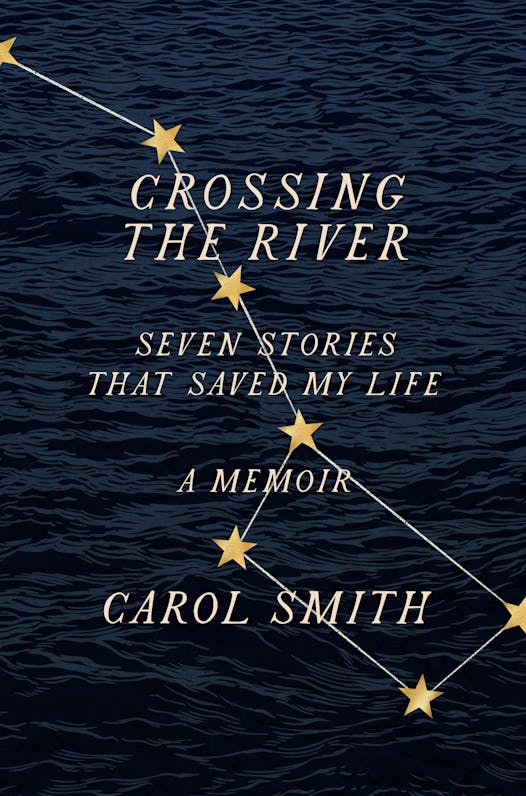Most grief tales turn inward. The author feels compelled to figure out why he or she has joined the worst club in the world, why death has come knocking and how to survive the insanity that follows. These books are written out of emotional and existential need. Surely some purpose will grow from this tragedy. Surely it's not all for naught.
Carol Smith's "Crossing the River" checks all of those boxes. It's a shattering account of the brief life and sudden death of Smith's 7-year-old son, Christopher. Smith gleaned wisdom from her excruciating pain, and she's generous enough to share it with the reader. But that's just the jumping-off point.
Smith is also a reporter who spent many years writing for the Seattle Post-Intelligencer, back when that proud publication had a print edition. (Rest in Peace. It's online only now.) Faced with her ultimate hardship, she did something exceptionally brave. She went out and wrote about other people facing down their own calamities with uncommon courage. The book is subtitled "Seven Stories That Saved My Life," suggesting the power that comes from narrative and from proof that, yes, you can make it through the worst that life gives you.
I should admit my stake in this idea. Last July, the love of my life, Kate, died after wrestling with a long, rare brain illness. I have spent hours and days wondering what the point of continuing is. When I read or hear stories like Smith's, and her subjects', I think, "This, too, can be survived. These people are made of tough stuff. Maybe I am, too."
"These were stories of survival and transformation," Smith writes, "of people confronting devastating situations that changed them in unexpected ways." People like a little boy named Seth, who suffers from progeria, a rare aging disease that kills most victims by the time they hit adolescence. A charmer seemingly at peace with his life, Seth takes Smith aback with his zest for living. Or Rose, a happy-go-lucky young woman who had her legs crushed in a horrific fishing boat accident. She had to learn to walk again.
"I was obsessed with finding those moments on which a life turns," Smith writes. "The ones that divide time into before and after. I couldn't help myself. These were the stories that interested me — the moments we can't control and didn't see coming."
The book's structure leaves room for Smith's story, which she weaves in and out of her subjects' tales. There's a lot of pain here, and a lot of guilt, which is rarely far behind grief. But there's also, to borrow the title of a Tracy Kidder book, strength in what remains. And hope, without which the rest would be academic.
I was grateful to discover "Crossing the River" when I did, at a time when it could help me and tell me to keep going. But we've all been in pain at some point. The human condition takes care of that. That's why this book is for everyone.
Chris Vognar is a freelance writer whose work has appeared in the New York Times and Los Angeles Times, among other publications.
Crossing the River
By: Carol Smith.
Publisher: Abrams Press, 272 pages, $26.


